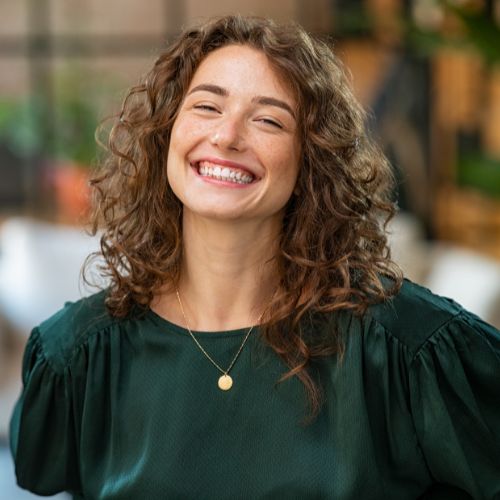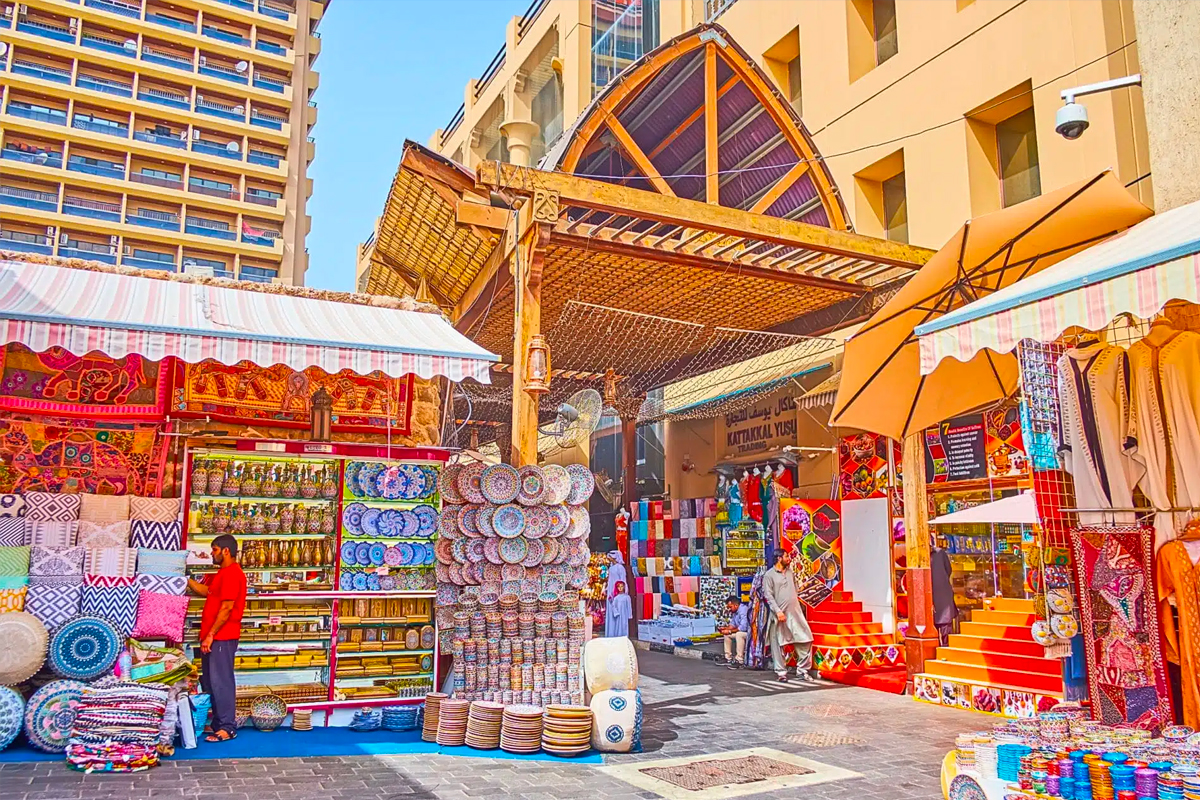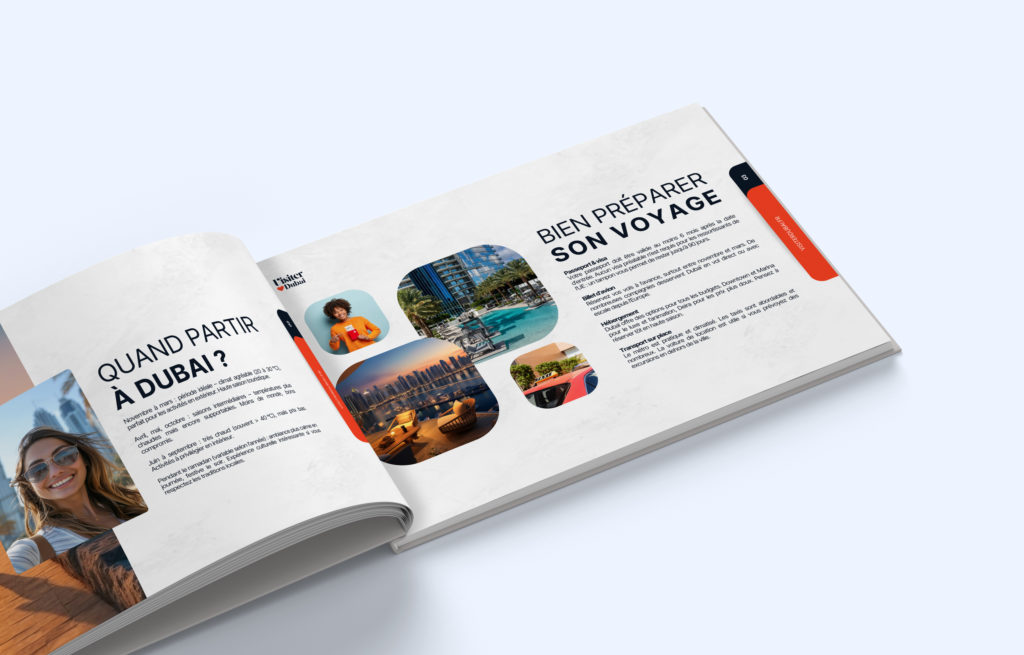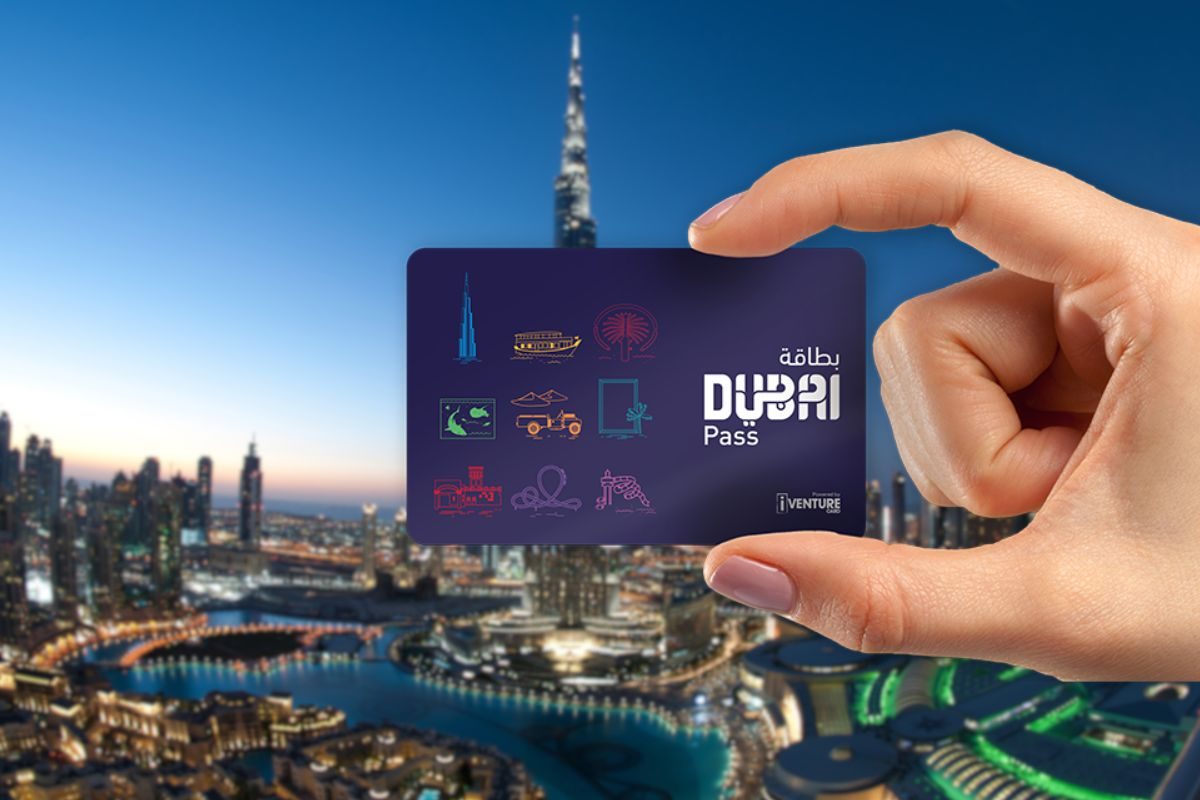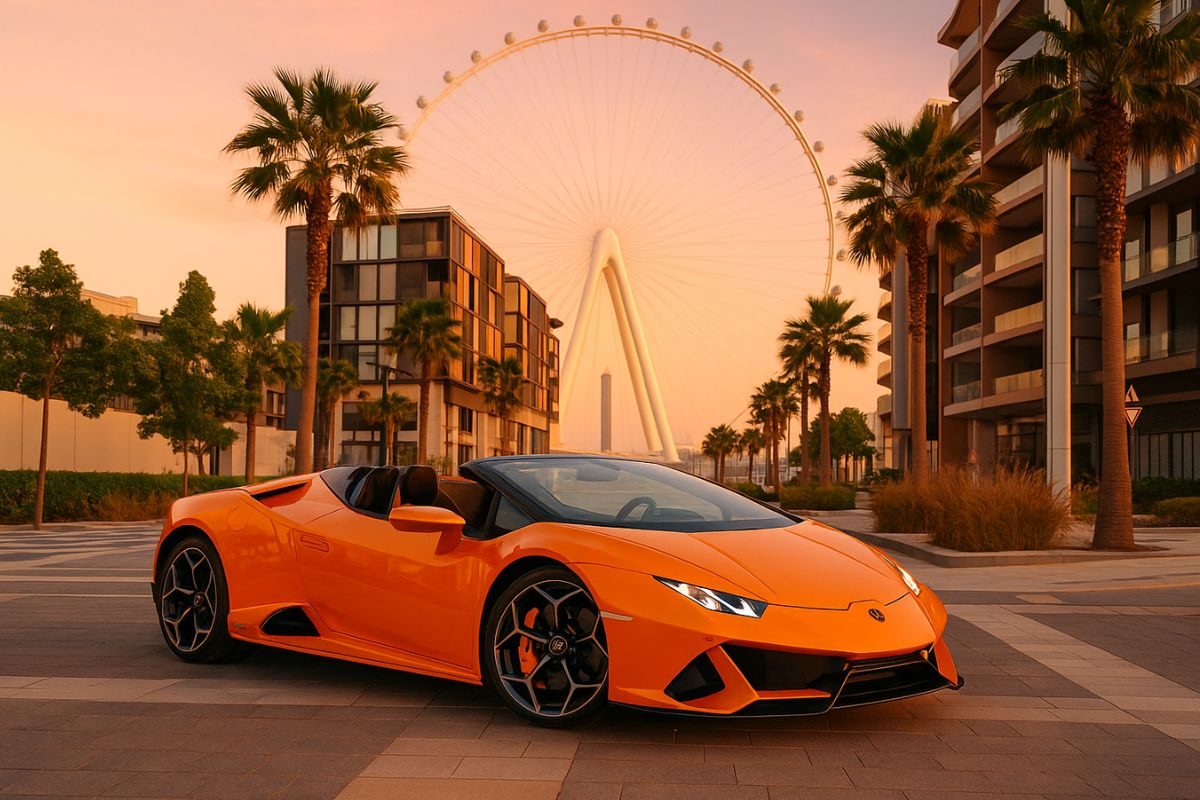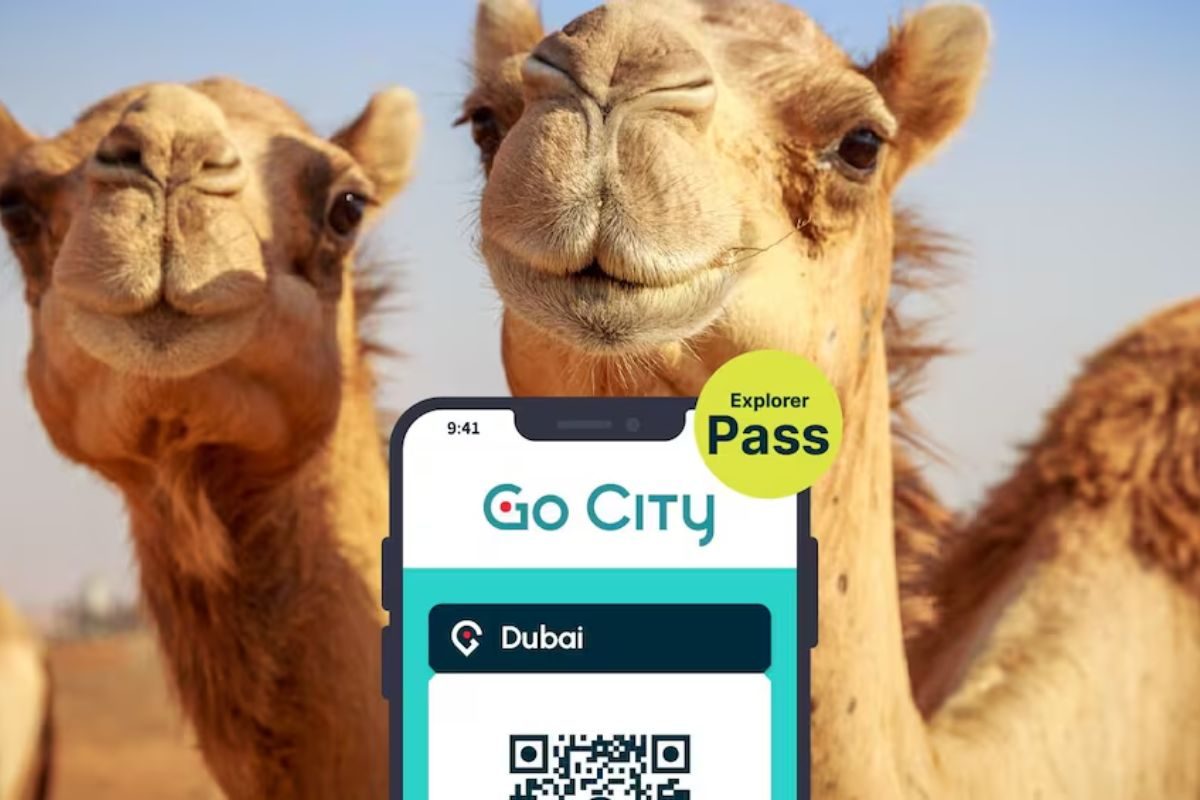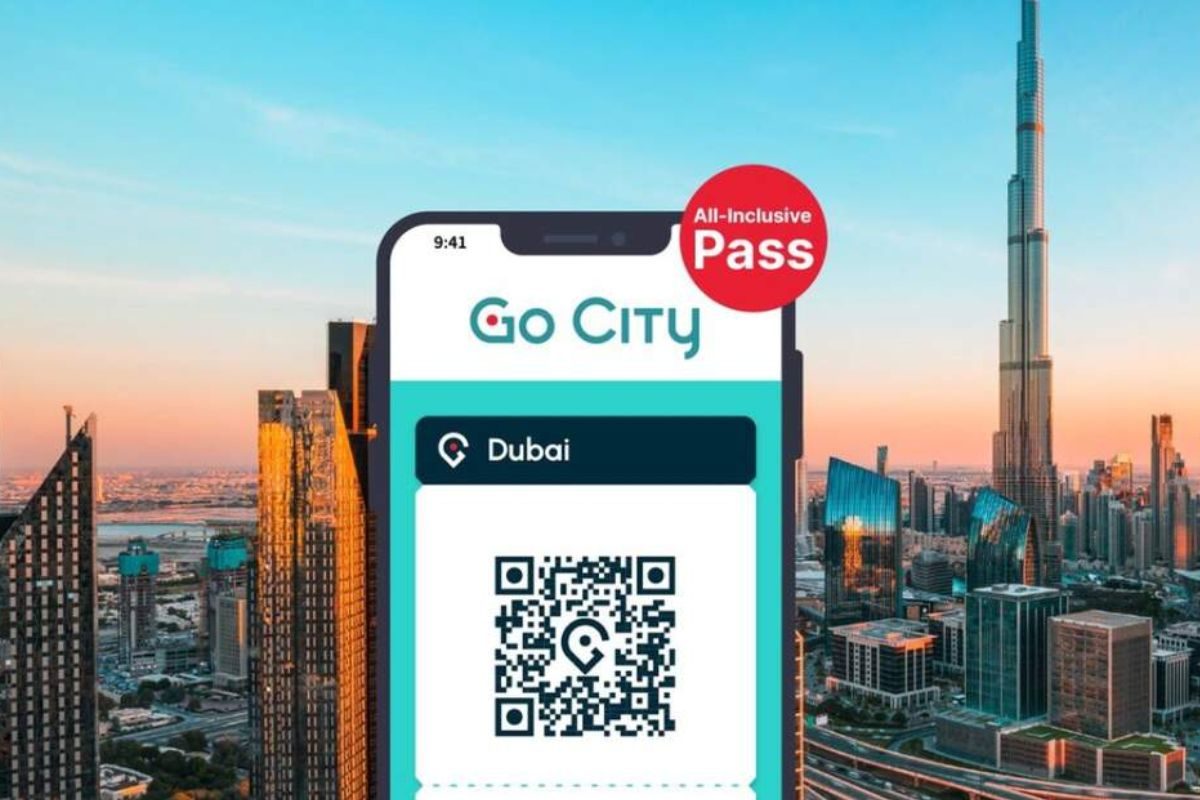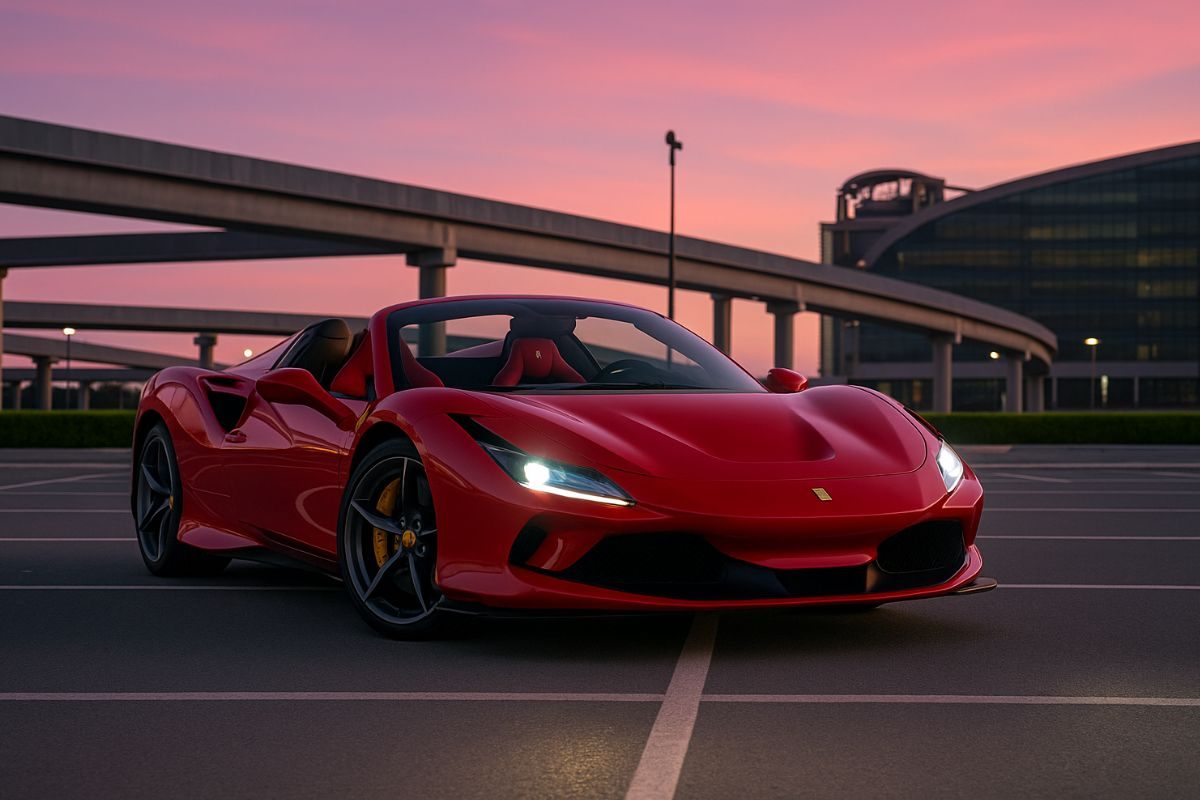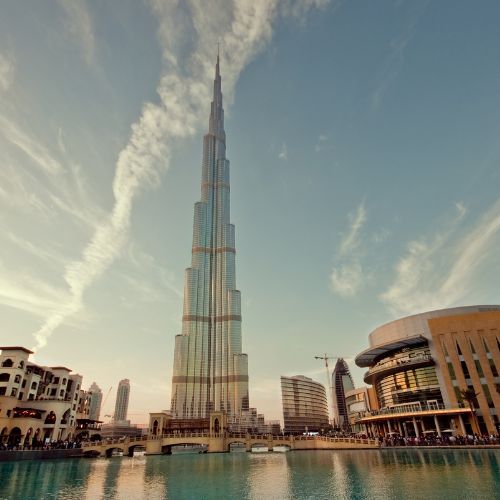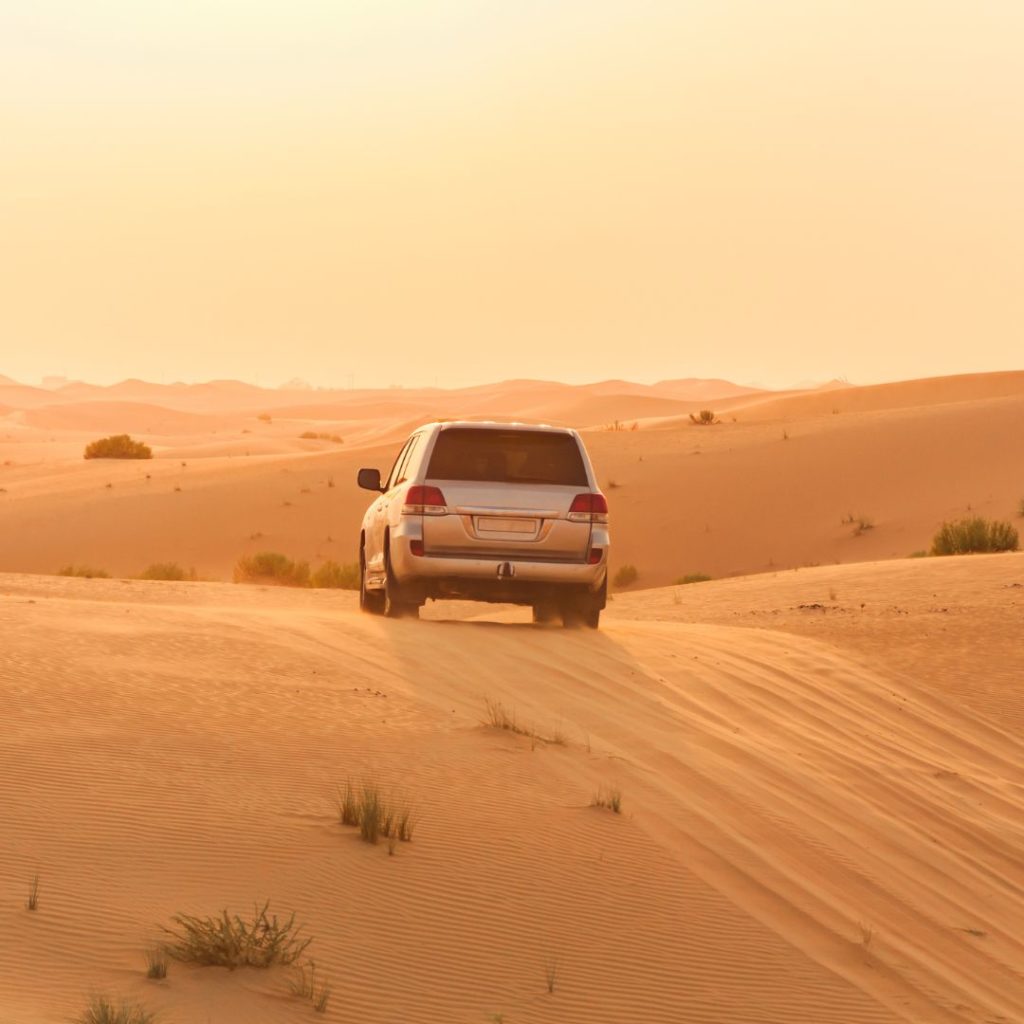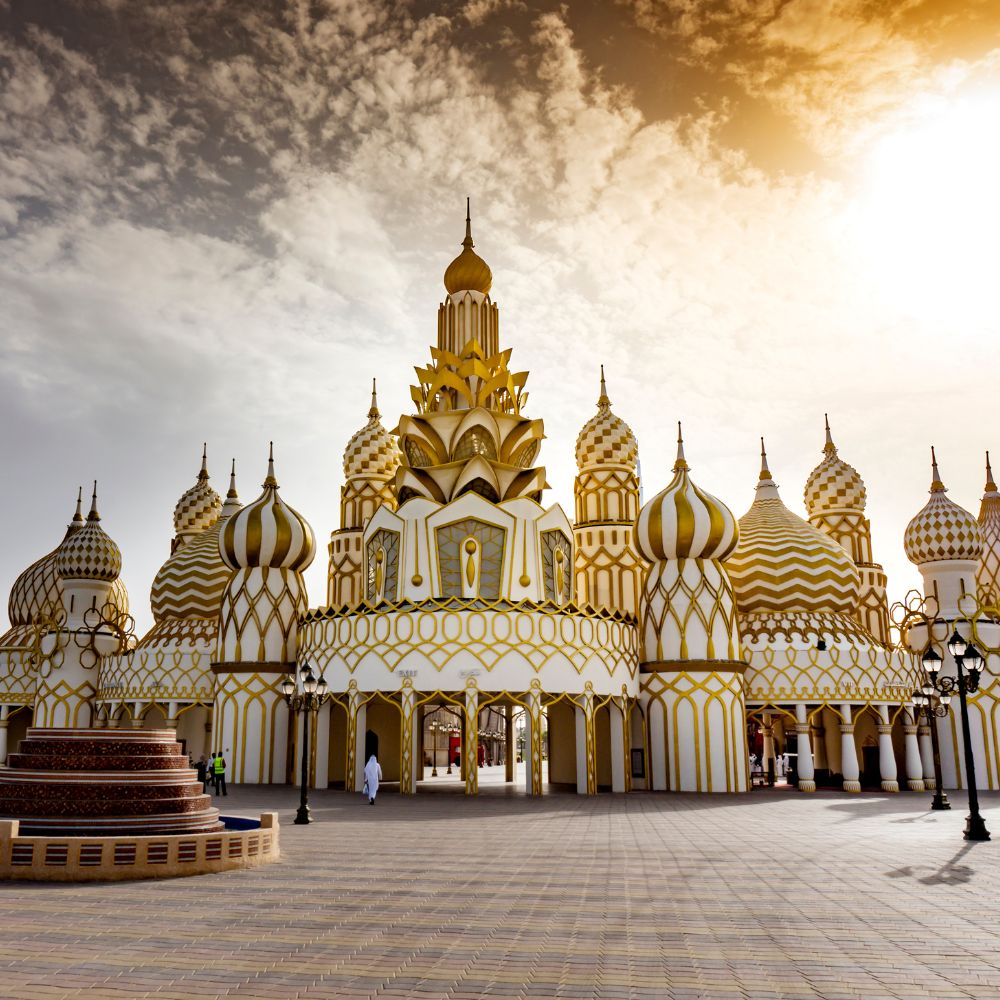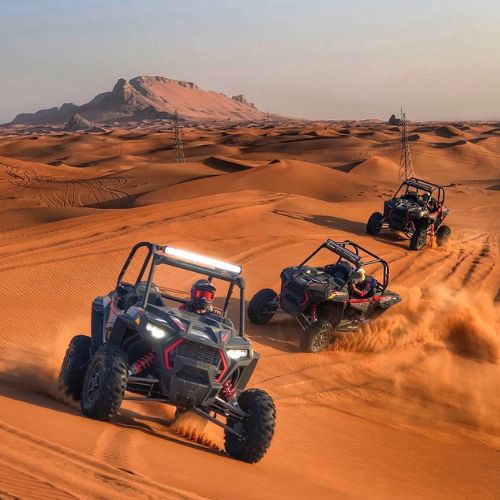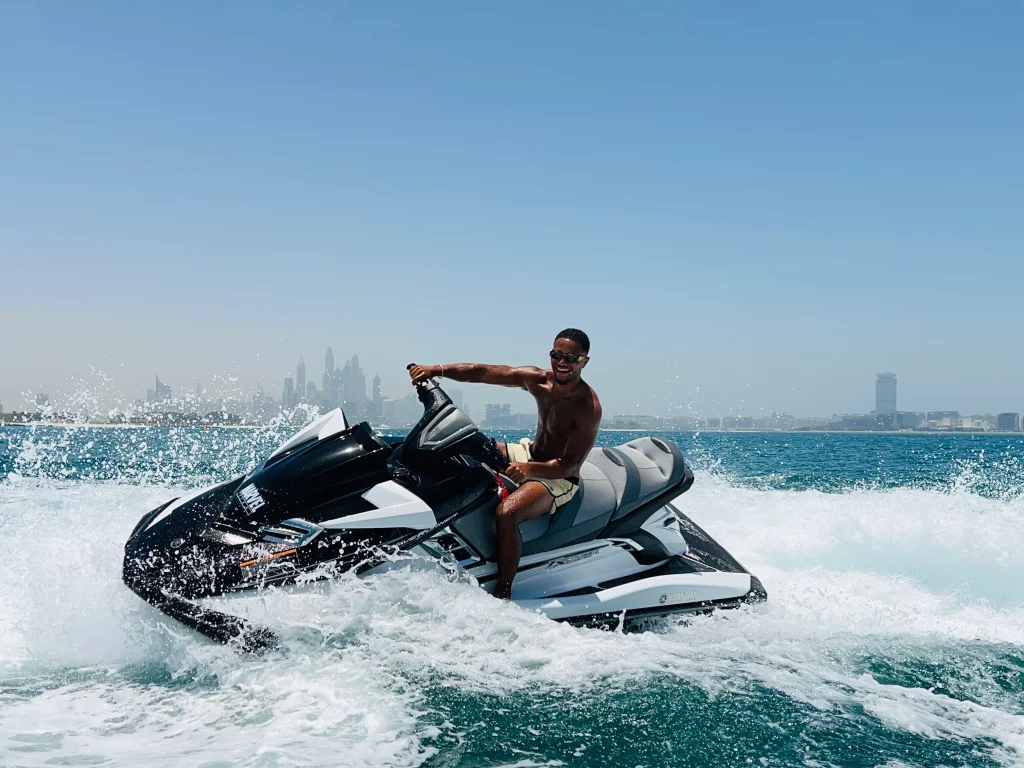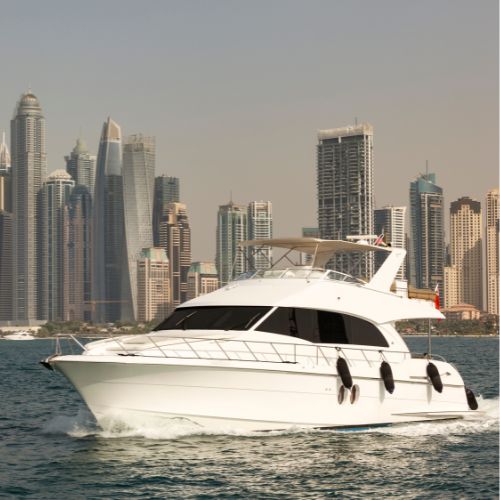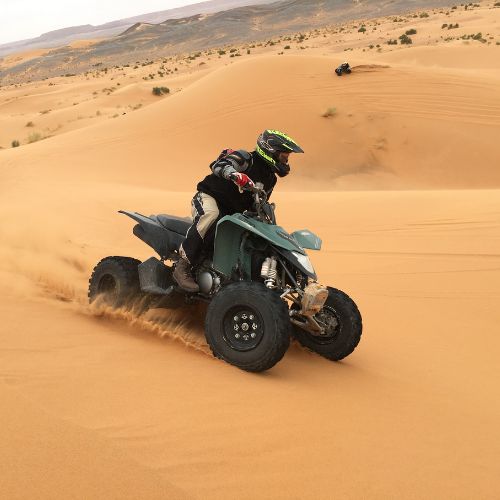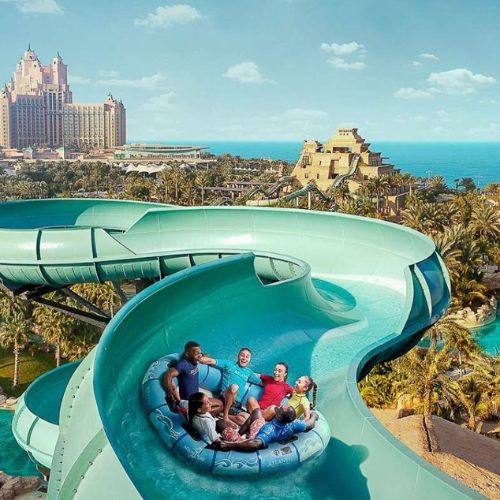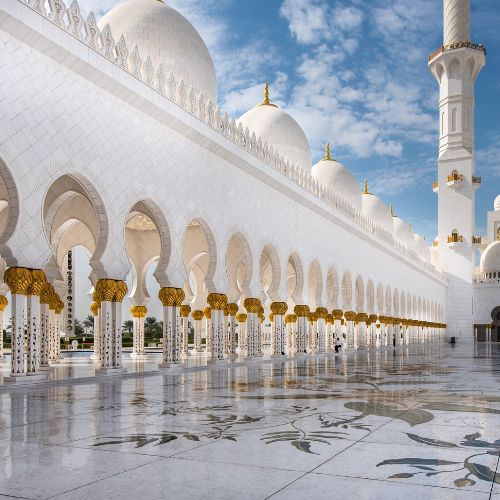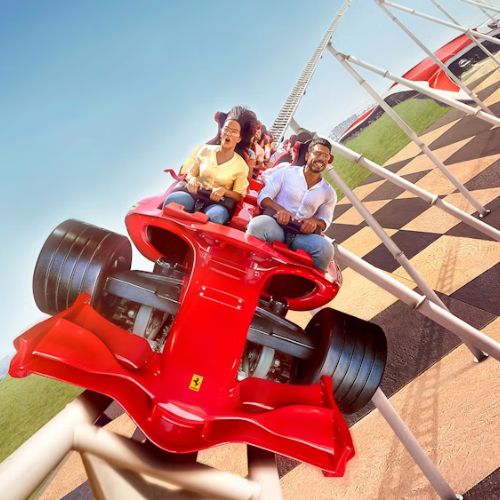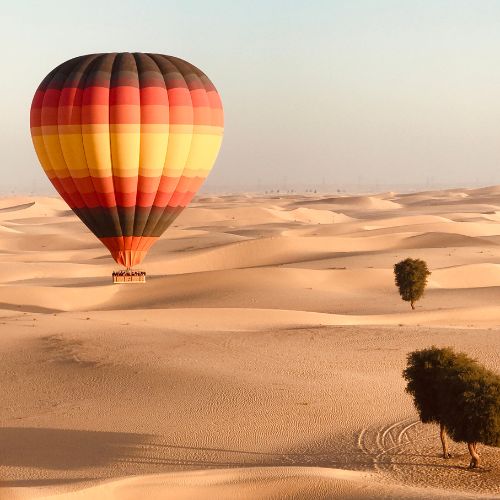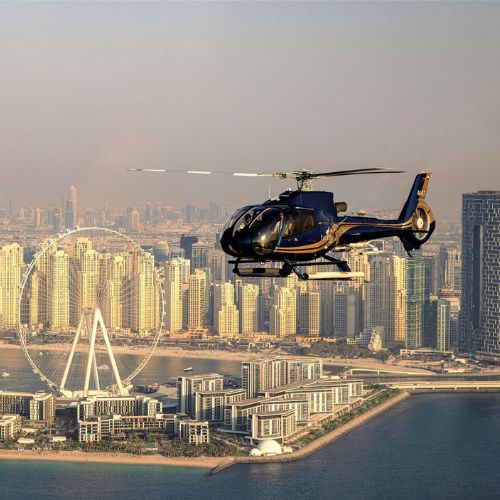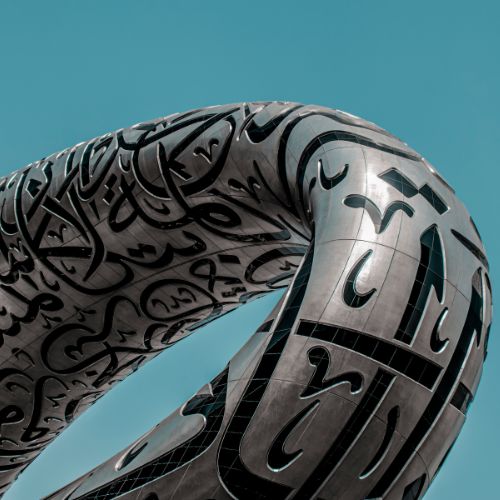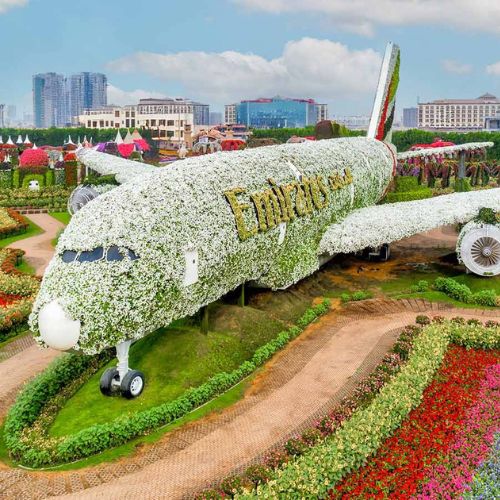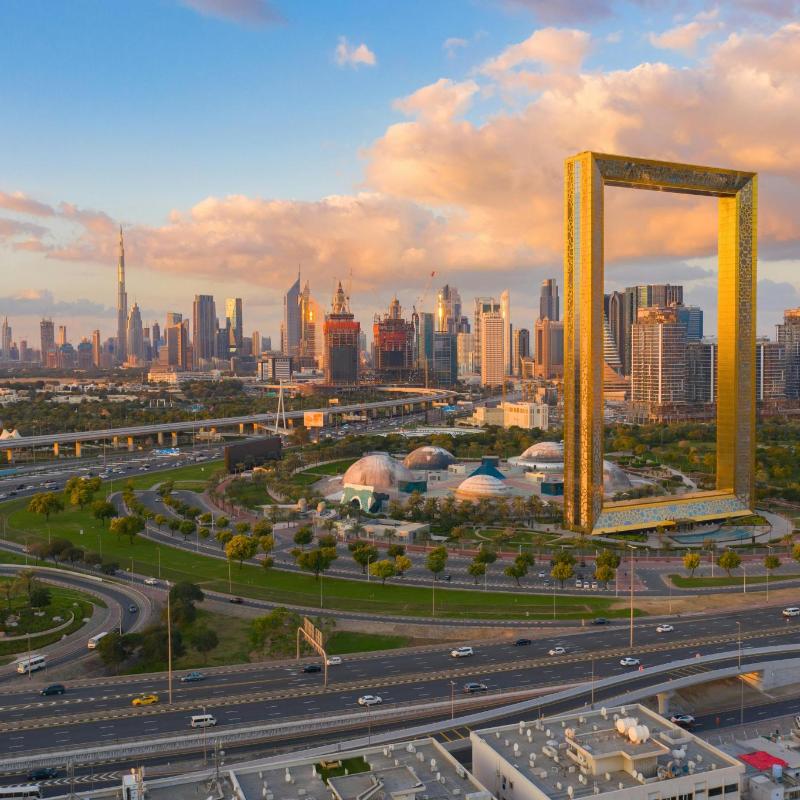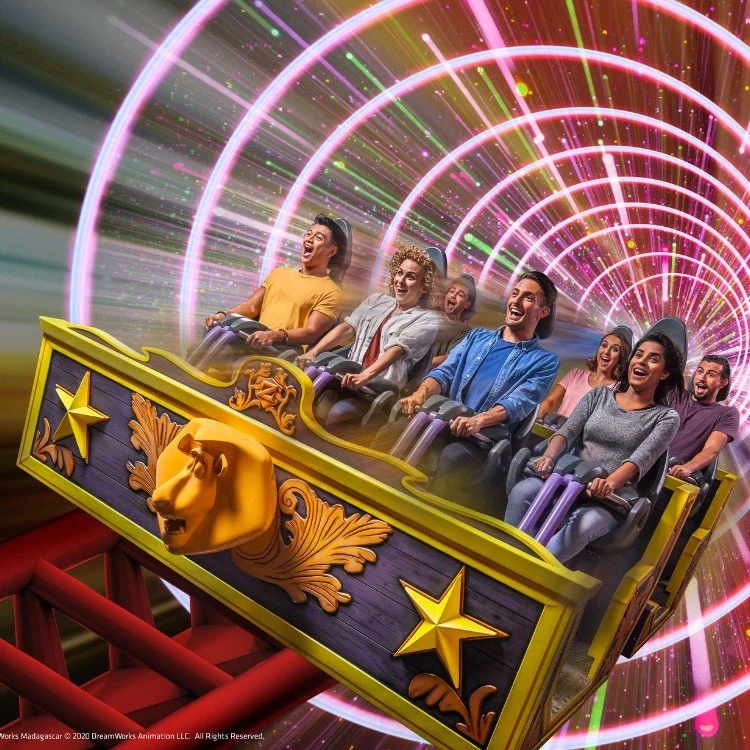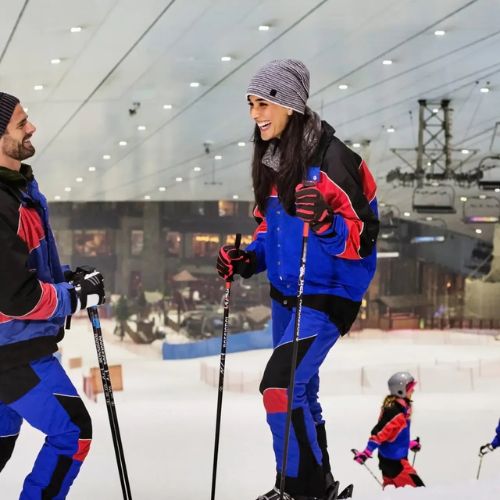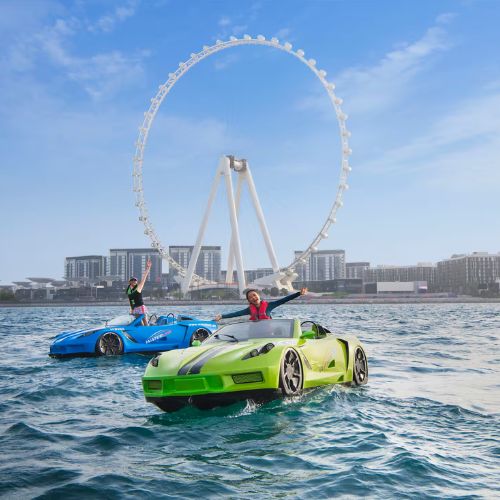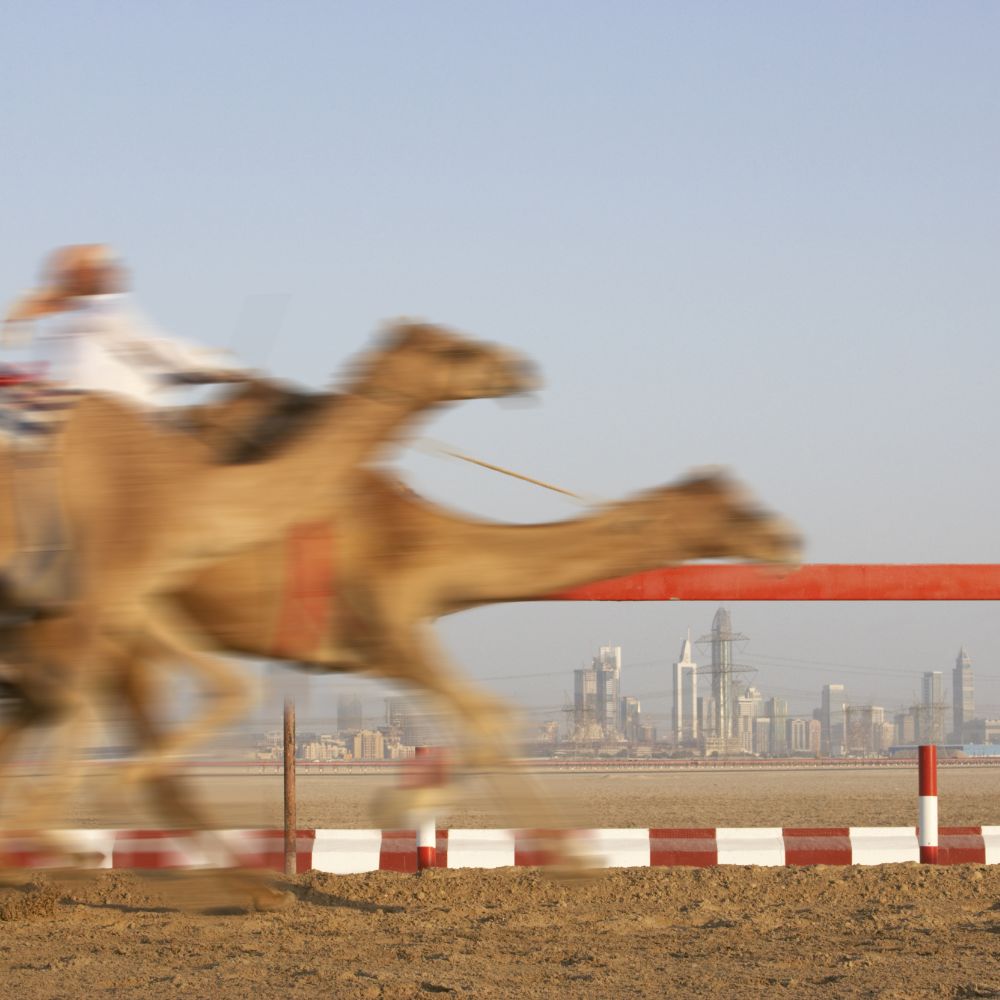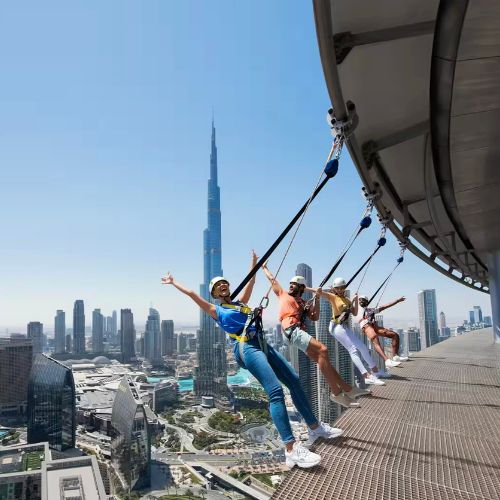The term "souk" or "souq" is an Arabic word that designates the market or place where all kinds of goods are brought or exchanged.
Originally, ships or dhows from neighboring countries and the Far East unloaded their wares in the souks. Traders from all over the world brought with them a variety of goods and "haggled" over their purchases and sales.
Today, Dubai has a number of souks scattered throughout the city. Dubai's souks are as bright, colorful, noisy and fascinating as any other marketplace. To help you explore, here's our complete guide to the best souks by Visiter Dubai.
The gold souk
Dubai's Gold Souk is famous the world over. Its narrow streets are lined with sparkling display cases of 22 and 24 carat gold ornaments. Along the slightly wider alleys of the Gold Souk, each window is filled with gold necklaces, rings, bracelets, earrings and brooches. One of the stores features the world's largest gold ring, certified by the Guinness Book of Records.
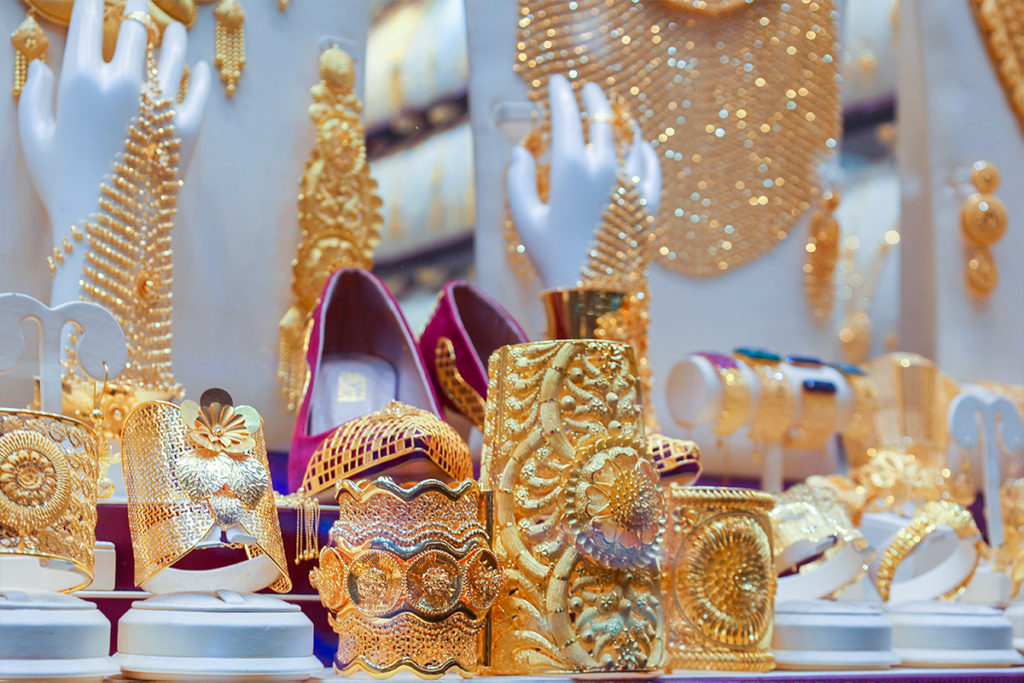
Patterns can be traditional or modern, bold or conservative, gaudy or sober, robust or delicate. In addition to patterns, you'll find many shades of gold, such as pink, white, yellow or green, all in the same room. Dubai's gold souk is well worth a visit, even if you have no intention of buying. It would be hard to resist the temptation to buy them.
Price haggling is a tradition at the gold souk. Take your time and allow 2-3 hours for your visit. The best time is late afternoon. Stores are usually open until 9:30 or 10:00 pm. Any initial lack of confidence in haggling is quickly lost, and you'll really enjoy "haggling" for your favorite piece.
The Gold Souk is located near Dubai Creek, in the Al Ras district of Deira. You can get there by bus, metro, cab or abra, the water cab from Bur Dubai. We advise against going by car, as the area is very busy and parking can be difficult to find.
Spice Souk
The Dubai Spice Souk is located right next to the Gold Souk. The colorful array of spices and their heady aromas are mouth-watering. You won't be able to resist the sheer number of spices available.
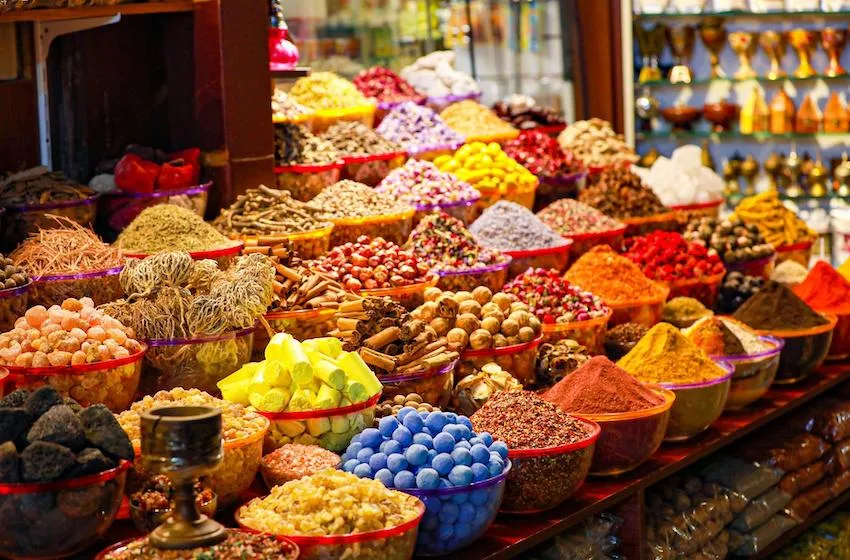
You'll find spices of all kinds: cardamom, cinnamon, saffron, turmeric, chilli, curry, cloves and many more. And that's not all: you'll also find basmati rice, dates, dried fruits and nuts of countless varieties, different kinds of tea, shisha and tobacco, seductive perfumes, pottery and baskets. As you pass from one store to the next, you'll be enveloped by these sensory delights. The spices come from the Middle East and other parts of the world.
Perfume Souk
The Perfume Souk is the name given to the collection of perfume stores located on Sikkat Al Khail Road, in Deira, just east of the Gold Souk. Thousands of different fragrances beckon you into Dubai's perfume souk. Here, you'll find yourself powerless to decide which perfume to buy. If you find it difficult, the skilful and eager traders will certainly help you choose one. The aromas on offer here range from traditional Arab "Attars" to the latest fragrances, all under one roof. Perfumes are also available in shopping malls, but the perfume souk is the best place to choose from a wide variety.

In addition to perfumes, you can also buy incense at Dubai's perfume souk. These are sold in stick, powder, crystal, rock and wood form. Arabic perfumes are oil-based and tend to leave a stain when sprayed on clothes. So be careful not to do this. Perfumes are cheap and you can buy several bottles if you know how to haggle. Incense is the most popular and is available in every store in Dubai's perfume souk. Breathe in the aromatic creations and soak up their cultural significance.
Old souk (textile souk)
The Old Souk/Textile Souk is located above the Creek in Bur Dubai. The bazaar consists of a long row of typically restored, sand-colored stone buildings, covered with wooden roofs in one area, and topped with pretty wind towers, the barjeel. The multitude of small stores here offer a massive range of fabrics (cashmere, silk, cotton, wool, etc.) as well as clothes, slippers, souvenirs and other goods.
The Textile Souk can be reached from Deira (Gold Souk, Spice Souk, Perfume Souk) by crossing the water on an abra or water cab. The abra (traditional wooden boat) costs just one dirham, is fast and the experience is fantastic and unexpected. You can also take the metro on the green line and get off at Al Ghubaiba or Al Fahidi metro stations. The Bastakia district and the Dubai Museum (closed since the covid19 pandemic) are nearby and well worth a visit, as is the Shinghada Museum on the history of Creek merchants a little further on. It's also known as Cosmo Souk... to complicate matters.
Meena Bazaar
Dubai is famous for its multicultural appeal. The Indian community is very large in Dubai, and Indians have always played the most important role in Dubai's economic life. That's why Dubai has several Indian neighborhoods.
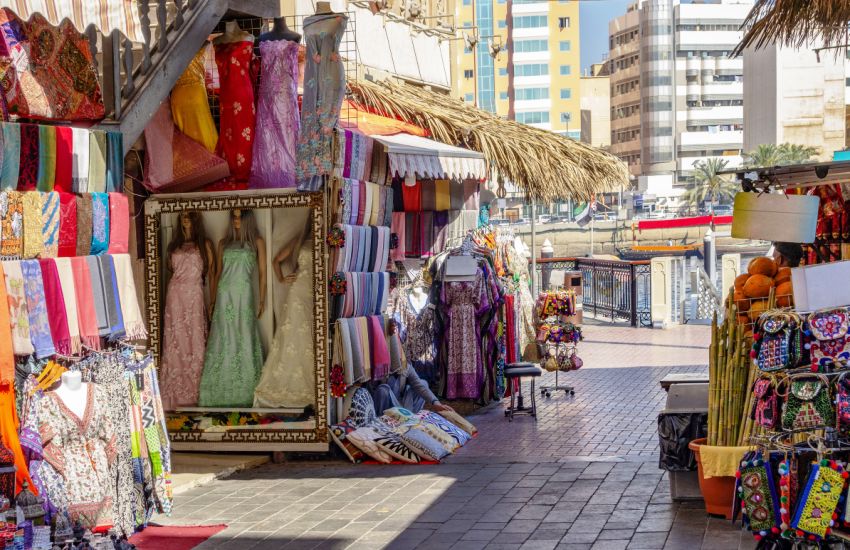
Meena Bazaar is a large market, a hub for Indians where they can buy everything from their homeland. The most important goods are traditional Indian jewelry and bridal jewelry, watches, Indian textiles, Indian furniture and Indian accessories or spices. Of course, these are just a few of the dozens of goods sold at the Meena Bazaar, which, together with its neighborhood, will really give you the feeling of being in India. You can also see two Hindu temples nearIndian Lane, a hidden street where India meets the Middle East: one is dedicated to Shiva and the other to the gods Krishna. The Meena Bazaar is located in Bur Dubai, next to the Dubai Museum.
Friday market
You have to go a little further for this one, but the road is beautiful. The Friday market is held in Masafi, yes, where the water comes from, and is located on the east coast road between Dhaid and Masafi. Historically, this was a Friday market for traders from less populated areas, but the roadside market has now become a favorite haunt for tourists and is open all week, not just on Fridays.
It's a row of stalls on either side of the road selling everything from rugs to pottery, fruit and vegetables, carpets, inflatable toys (we bought one) and pots and pans. A trip there is more for the experience really and you can pick up a few plants and pots as they are much cheaper than in Dubai and some fresh bananas from Salalah.
There are also small tourist stores - try an egg paratha in one of the small take-away restaurants! To get there from Dubai, head towards Emirates Road Sharjah and once past Sharjah, look for a sign pointing to the East Coast region... if you end up at RAK, you've gone too far! (Yes, we did that too!)
Fruit and vegetable souk
The fruit and vegetable market is located in Ras Al Khor, near the Emirates Road, and is well signposted so you can't miss it. You'll find stalls selling fresh produce mainly in bulk, but you can also buy smaller quantities.
There are big savings on supermarket prices and a wide choice. The market has been refurbished and most stalls are now located under shaded areas. You can hire men with carts to help you carry your goods around the market until you've finished shopping, and then help you back to your car. It's well worth a visit, and reasonably priced! You'll need a rental car to get there, or a cab.
Souk Naif
The Naif souk is located in Dubai's old Deira district. It is one of Dubai's oldest souks. Formerly a camel market for camel sellers, it has developed into a market in its own right.
Today, the rebuilt Naif souk awaits visitors with over a hundred stores and an 'air-conditioned' climate, and the illuminated signs are so powerful that at night it's practically daylight. The souk is famous for its souvenirs, leather, watches, jewelry, handbags and textiles.
Al Karama
Love it or hate it, Karama is one of Dubai's most popular quarties, largely due to the "real fakes" available. You'll find everything here: bags, shoes, DVDs, watches, jewelry and everything in between! The area has recently had a facelift, and there are many more stores selling tourist items and souvenirs at a fraction of the price of the malls. So it's a great place to shop, and a great place to bring your tourist friends.
Prepare to be mobbed by salespeople, and prepare to haggle too! Tell them you're a resident to get the best prices. Not what you'd expect from a market, it's a maze of alleyways with real little indoor stores. It's open all day and well into the evening, although some stores close in the afternoon on weekdays. This is an excursion not to be missed, so make sure you have plenty of water with you, flat shoes and a good grip on your purse - you'll want to splurge!
Modern souks
Souk Madinat Jumeirah, Souk Al Bahar (in downtown Dubai) and Khan Murjan (in Dubai Wafi City), are some of Dubai's most modern souks. These lively souks are a blend of yesterday and today. These places encourage the work of local artisans and bring the magic of the Middle East to life... And there are always stalls by the roadside!
As you explore and drive around the Emirates, you're likely to see small stalls dotted around the Northern Emirates on the side of the road, selling carpets, fresh produce, charcoal, firewood, pottery, household items, melons, cotton candy and inflatable toys!
Most offer excellent value for money, and their products are generally fresh and of good quality. Most are well worth a visit and offer visitors and tourists a friendly experience - give them a try! Tempted to visit Dubai and discover its Souks? Contact us and we'll take care of all the arrangements for your stay!
